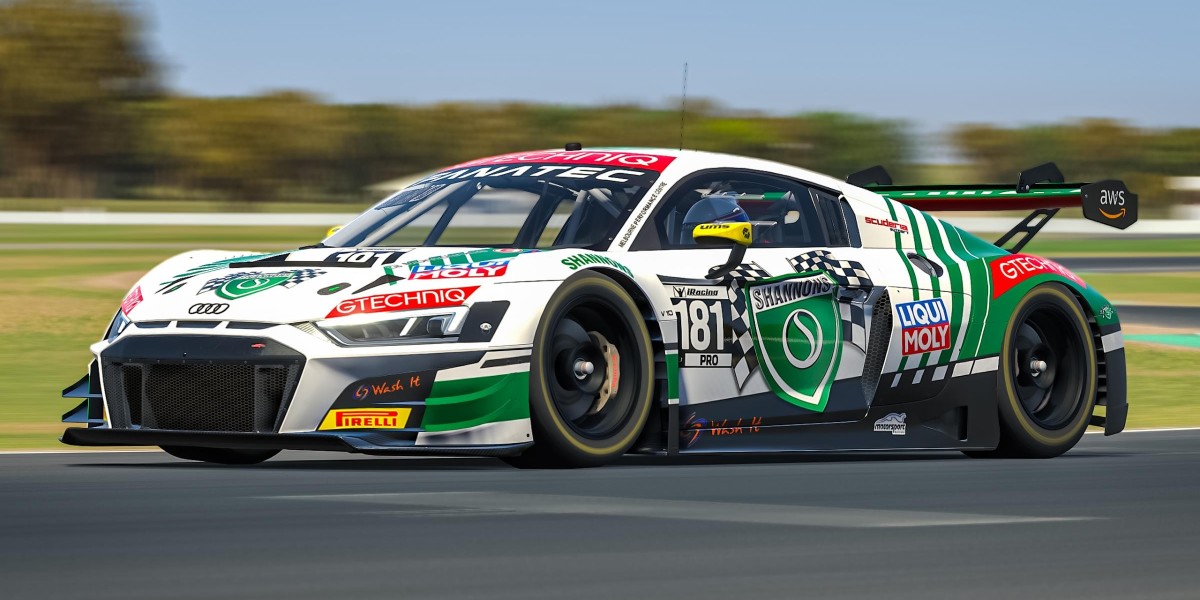1. Liability Coverage
Liability coverage is one of the most important components of any race car insurance policy. It protects you financially if you're responsible for causing an accident during a race or practice session. This type of coverage typically includes:
- Bodily Injury Liability: If you cause an accident that injures another driver, spectator, or event personnel, bodily injury liability will cover medical expenses, legal costs, and any potential compensation.
- Property Damage Liability: This covers the cost of repairing or replacing someone else’s property that you damage during the race, such as another car, barriers, or even track equipment.
Since racing inherently carries the risk of accidents, liability coverage is critical to shield you from the high costs of legal and medical expenses resulting from a crash.
2. Collision Coverage
Collision coverage protects your race car in the event of a crash, regardless of who is at fault. This coverage typically applies whether you're racing or during practice sessions. It ensures that your vehicle can be repaired or replaced if it's damaged in a collision, whether it's with another car, a wall, or an object on the track.
However, be aware that racing collisions can be significantly different from regular car accidents. The cost to repair a race car, which is often customized and equipped with specialized parts, can be much higher than regular cars. Make sure your policy takes into account the high value of your race car and its components.
3. Comprehensive Coverage
While collision coverage takes care of accidents involving direct contact, comprehensive coverage is broader, covering damage that occurs without a collision. This can include:
- Vandalism: If someone intentionally damages your race car while it’s stored or transported.
- Fire, Theft, or Natural Disasters: If your race car is damaged or stolen due to a fire, severe weather, or other non-collision events, comprehensive coverage will help pay for repairs or replacement.
This type of coverage is useful for protecting your car when it’s not actively on the track but is still at risk, whether it’s in your garage, trailer, or during transport to and from events.
4. Medical Payments Coverage
In the event that you’re injured during a race or practice, medical payments coverage helps pay for medical expenses, such as hospital bills, doctor visits, or rehabilitation.
While this coverage is beneficial for drivers, it’s often limited in scope. Race car insurance typically has lower medical coverage compared to regular health insurance because racing is an inherently high-risk activity. However, it’s still essential to have this coverage, especially for immediate medical costs following an accident.
In addition to driver coverage, some policies offer passenger medical coverage for any crew members or other participants who may be in the car during the race.
5. Personal Injury Protection (PIP)
Personal Injury Protection (PIP) is more common in auto insurance policies, but some race car insurance policies include it. PIP covers medical bills and, in some cases, lost wages if you’re injured in an accident, regardless of who is at fault. It can be more comprehensive than standard medical payments coverage because it often extends to additional medical expenses like rehabilitation, funeral costs, and income loss.
Since PIP can vary greatly depending on the policy and jurisdiction, check with your insurer to understand the specific extent of coverage.
6. Uninsured/Underinsured Motorist Coverage
Just like regular car insurance, uninsured/underinsured motorist coverage protects you if you're involved in an accident with another driver who doesn't have sufficient insurance or no insurance at all.
While this may not seem relevant in a controlled racing environment, it can be useful if you're racing in less regulated or informal events where other participants may not have adequate insurance coverage. This coverage will protect you financially in the event you're hit by another driver who cannot cover the damages.
7. Transport and Trailer Coverage
Race cars are often transported in trailers to and from events, and that’s an added risk for damage or theft. Insurance for the trailer, along with coverage for transporting your race car, can protect you against losses during transit.
- Trailer Damage: Coverage for the damage or loss of the trailer in which your race car is being transported.
- Cargo Coverage: This protects the actual race car and other equipment during transport. It’s essential for ensuring that your investment in the car and its equipment is covered during transport to and from events.
8. Event-Specific Coverage
Some race car insurance policies offer event-specific coverage, which protects you only during specific racing events or practice sessions. This type of coverage can be beneficial for amateur drivers who race in one-off events, track days, or weekend racing leagues.
Event-specific coverage ensures that you have insurance during the time you’re actively racing without paying for year-round insurance. However, it’s important to ensure you have adequate protection during all periods of risk—whether on the track or while transporting your car.
9. Custom Parts and Equipment Coverage
Race cars are often equipped with specialized parts, including high-performance engines, custom roll cages, specialized tires, and other racing-specific components. Custom parts coverage is crucial because the value of these modifications can significantly exceed the value of a stock car. This coverage ensures that if any of these custom parts are damaged or destroyed, you'll be reimbursed for their replacement or repair.
10. Loss of Use Coverage
In the event your race car is involved in an accident and needs repairs, loss of use coverage provides compensation for the downtime, such as rental coverage for a replacement car or reimbursement for missing events while your car is out of commission. For professional racers, this can be a valuable part of their insurance to minimize financial losses during the repair period.
Final Thoughts
Race car insurance is a specialized form of coverage that is tailored to the unique risks of motorsports. It typically covers collision, liability, comprehensive damage, medical costs, and more. When selecting race car insurance, be sure to review the details of your policy to ensure you're adequately covered for all aspects of racing, including the car itself, equipment, medical protection, and potential liability.
Whether you're a first-time racer or a seasoned pro, understanding what your insurance covers is essential for staying protected both on and off the track. By securing the right policy, you can focus on what you do best—racing—while having peace of mind that you're covered for the unexpected.



